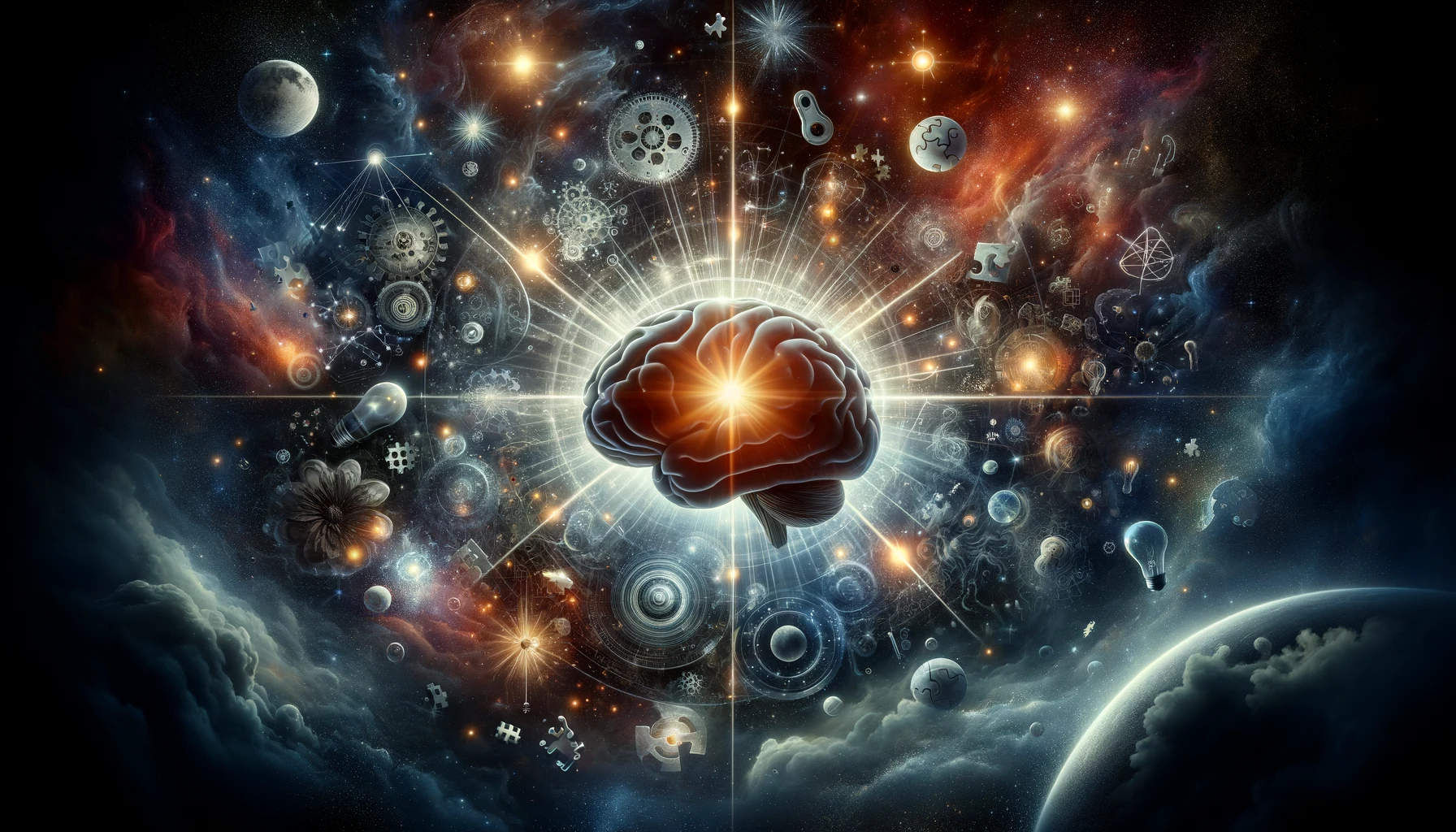The rapid advancement of artificial intelligence (AI) technologies has significantly impacted various aspects of daily life, offering unprecedented convenience and efficiency. However, this evolution brings with it concerns about cognitive diminishment in humans caused by an overreliance on AI. This article explores the phenomenon of cognitive decline related to AI dependence, discussing its manifestations, potential impacts, and measures to mitigate its effects.
The crux of cognitive diminishment lies in the concept of “use it or lose it.” As humans increasingly delegate tasks to AI, from simple calculations to complex decision-making processes, there’s a growing concern that our cognitive muscles, much like physical ones, may weaken through disuse. This is not merely theoretical; research in cognitive psychology suggests that the brain’s neuroplasticity means it can rewire itself based on the tasks it performs regularly. If those tasks become less about thinking and more about supervising or outsourcing to AI, the skills associated with problem-solving, critical thinking, and creativity might atrophy.
Navigation
One visible manifestation of this dependence is in the realm of memory and navigation. With smartphones and AI assistants readily providing information and directions, the need to remember details or navigate spaces using natural cues diminishes. Studies have shown that individuals relying on GPS for navigation may have less activity in the hippocampus, an area of the brain involved in memory and navigation. Over time, this could lead to a decline in these cognitive functions.
Another concern is the impact on critical thinking and problem-solving skills. AI can offer solutions to complex problems quickly and efficiently, but this convenience might discourage individuals from engaging deeply with issues, evaluating information critically, or generating innovative solutions on their own. The risk is not only personal but societal, as innovation and progress rely on human creativity and the ability to think outside the algorithmic box.
Moreover, the emotional and social intelligence aspects, vital for human interaction and personal development, may also suffer. AI’s ability to simulate conversations and provide emotional support through chatbots or virtual assistants is remarkable. However, over-reliance on these technologies could impair people’s ability to navigate complex human emotions and relationships effectively.
Biases
As human cognitive abilities weaken due to over-reliance on artificial intelligence (AI), there’s an increased vulnerability to the biases embedded within AI systems. When individuals rely heavily on AI for decision-making or for interpreting complex data, they may be less inclined to critically assess the information provided. AI systems, despite their advanced capabilities, are not immune to the biases present in their training data or the perspectives of their creators. This situation is exacerbated when humans, experiencing cognitive diminishment, fail to question or even recognise these biases. As a result, the uncritical acceptance of AI-generated conclusions can perpetuate and even amplify existing prejudices and flawed assumptions. This dynamic creates a feedback loop, where biased AI outputs influence human judgements, further entrenching these biases in decision-making processes and societal norms. Therefore, maintaining strong cognitive functions is not only vital for individual mental health and capacity but also crucial in safeguarding against the uncritical acceptance of AI biases.
Consciousness
The integration of consciousness in the use of artificial intelligence (AI) is paramount for ethical and effective interaction with these technologies. Consciousness, in this context, refers to the mindful awareness and critical evaluation of how AI tools are deployed, the decisions they make on our behalf, and the implications of these decisions. When users engage with AI, an element of consciousness ensures that they do not blindly accept AI-generated outcomes, but rather, they consider the ethical ramifications, potential biases, and the broader societal impact. This conscious engagement is crucial for preventing the automation bias, where humans favour AI suggestions over human judgement without critical scrutiny. By maintaining a conscious approach, individuals and societies can harness the benefits of AI while minimising negative outcomes, fostering a symbiotic relationship where AI complements human capabilities without undermining them. Consciousness in AI use acts as a safeguard, ensuring that technology serves humanity’s best interests, respects ethical standards, and promotes a future where technology and human values are aligned.
To mitigate these effects, it’s crucial to adopt a balanced approach to AI use. This includes setting limits on AI reliance for tasks that can be reasonably done without it, engaging in activities that strengthen cognitive abilities, such as reading, puzzles, and learning new skills, and fostering human connections and emotional intelligence through direct interactions. Furthermore, education systems can emphasise critical thinking, creativity, and problem-solving skills, preparing individuals to use AI as a tool rather than a crutch.
Critical Evaluation
Critically reading through content provided by artificial intelligence (AI) is essential for several reasons. AI algorithms, while powerful, operate based on the data they are trained on, which as mentioned, can embed and propagate biases, inaccuracies, or oversimplifications. By critically evaluating AI-generated content, individuals can identify potential errors, biases, or gaps in the information presented. This critical approach prevents the uncritical acceptance of AI outputs, fostering a more informed and discerning use of technology. Moreover, critical reading encourages users to maintain and even enhance their cognitive abilities, such as analytical thinking, comprehension, and problem-solving skills, which are crucial in navigating a world increasingly influenced by AI. Engaging critically with AI-generated content also ensures that the technology remains a tool for human benefit, rather than a definitive authority, preserving human autonomy and promoting a more nuanced understanding of complex issues. Ultimately, critical engagement with AI outputs not only safeguards against the passive consumption of potentially flawed information but also encourages a collaborative relationship with technology, where human insight and AI capabilities complement each other.
In conclusion, while AI brings many benefits, it’s essential to remain cognisant of its potential to contribute to cognitive diminishment. By adopting strategies to maintain and enhance our cognitive functions, we can enjoy the advantages of AI without sacrificing the mental acuity that makes us uniquely human.
